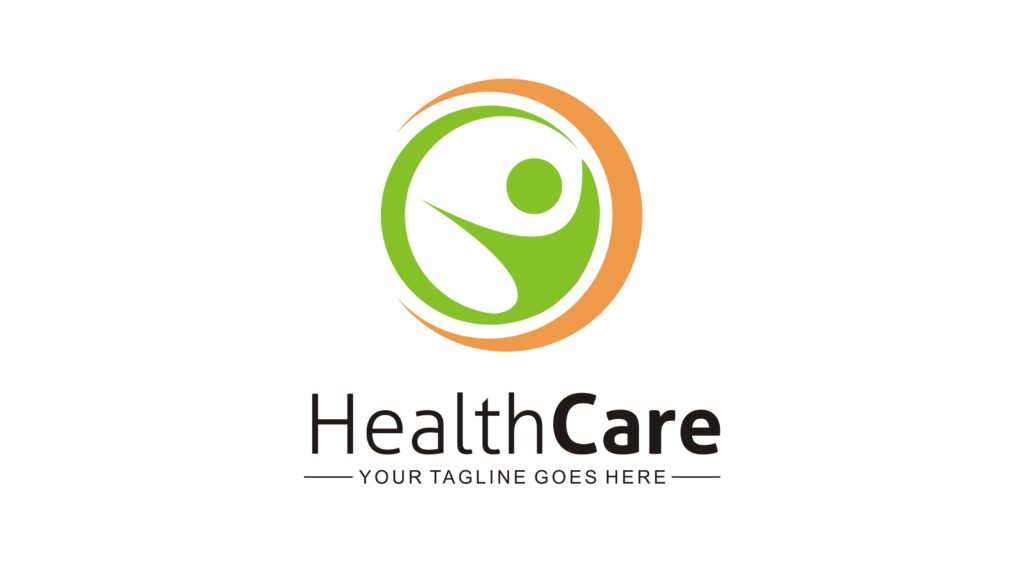“Navigating Healthcare Inequities: Understanding and Addressing the Discrimination Faced by 1 in 8 LGBTQ+ Americans from Health Insurers”
In contemporary society, healthcare is often considered a fundamental human right for physical and mental well-being. However, for many LGBTQ+ Americans, accessing equitable healthcare remains a challenging and, at times, discriminatory experience. Recent surveys have highlighted a disconcerting statistic: one in eight LGBTQ+ individuals faces discrimination from health insurers. This article delves into the nuanced landscape of healthcare discrimination experienced by LGBTQ+ Americans, exploring its causes, consequences, and potential solutions. By shedding light on this pervasive issue, we aim to foster awareness, stimulate dialogue, and ultimately work towards a healthcare system that embraces diversity and inclusivity for all. “Navigating Healthcare Inequities:
I. A Historical Perspective
To understand the discrimination faced by LGBTQ+ Americans in the healthcare system, it’s essential to examine the historical context. LGBTQ+ individuals have long been marginalized and stigmatized, leading to a legacy of systemic bias within healthcare. From the AIDS epidemic of the 1980s to the gradual progress towards LGBTQ+ rights, this section provides a backdrop for contemporary challenges.
II. Discrimination in healthcare:
- Denial of Coverage: LGBTQ+ individuals often encounter barriers to health insurance coverage. Insurers deny coverage or charge higher premiums based on sexual orientation or gender identity.
- Transgender Health Care: Transgender individuals face discrimination when seeking gender-affirming care, including hormone therapy and gender confirmation surgery. Many health plans exclude these procedures from coverage.
- Mental Health Services: LGBTQ+ individuals are at higher risk of mental health challenges, yet they may face discrimination when seeking therapy or counseling services.
- Access to Preventive Care: Discrimination can deter LGBTQ+ individuals from seeking routine healthcare services, resulting in delayed diagnoses and increased health risks.
III. Survey Findings:
This section delves into the survey results that revealed the alarming statistic of 1 in 8 LGBTQ+ Americans experiencing discrimination from health insurers. It discusses the survey methodology, sample size, and key findings. It also highlights demographic variations, such as differences in discrimination experiences among different LGBTQ+ subgroups and regions.
IV. Consequences of Discrimination:
- Health Disparities: Discrimination in healthcare exacerbates health disparities among LGBTQ+ individuals, leading to higher rates of chronic illnesses, mental health issues, and substance abuse.
- Mental and Emotional Toll: Discrimination can cause significant mental and emotional distress, including anxiety, depression, and alienation feelings.
- Economic Impact: Discrimination often results in increased healthcare costs, lost wages due to health-related issues, and reduced economic stability for LGBTQ+ individuals and families.
V. Legal Protections and Challenges:
This section explores the legal framework surrounding LGBTQ+ healthcare discrimination. It discusses landmark legislation such as the Affordable Care Act (ACA) and its implications for LGBTQ+ individuals. It also addresses ongoing legal challenges and efforts to roll back protections.
VI. Combating discrimination:
- Advocacy and Awareness: LGBTQ+ organizations, healthcare providers, and allies play a crucial role in advocating for equal access to healthcare and raising awareness about discrimination issues.
- Cultural Competency Training: Healthcare providers should receive training in LGBTQ+ cultural competency to better understand and address LGBTQ+ patients’ unique healthcare needs.
- Policy Changes: Advocacy efforts should focus on policy changes at both the federal and state levels to ensure legal protections against discrimination in healthcare.
- Collective Action: The LGBTQ+ community, allies, and healthcare professionals can work together to challenge discrimination and push for a more inclusive healthcare system.
VII. Personal Stories and Testimonials:
To humanize the issue, this section features personal stories and testimonials from LGBTQ+ individuals who have experienced discrimination in healthcare. These narratives provide insight into the real-life challenges and emotional toll of discrimination. “Navigating Healthcare Inequities:
VIII. Conclusion:
In conclusion, discrimination against LGBTQ+ Americans in healthcare is a pervasive issue with far-reaching consequences. The statistic that 1 in 8 LGBTQ+ individuals faces discrimination from health insurers underscores the urgency of addressing this problem. By understanding its historical context, legal framework, and personal impact, we can collectively work towards a healthcare system that is truly inclusive and equitable for all, regardless of sexual orientation or gender identity. It is imperative that we continue to advocate, raise awareness, and push for policy changes to eradicate discrimination in healthcare. This will ensure that every LGBTQ+ individual receives the care they deserve.







